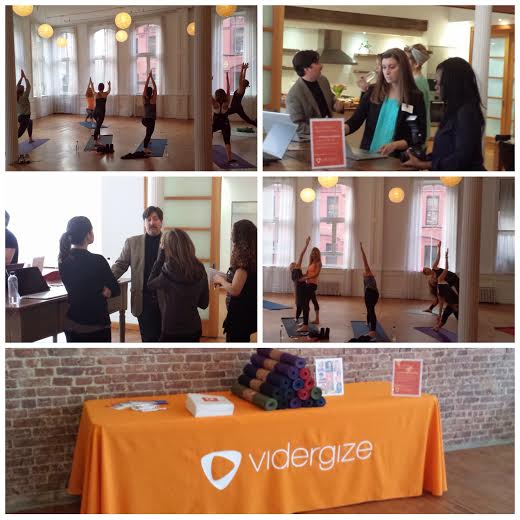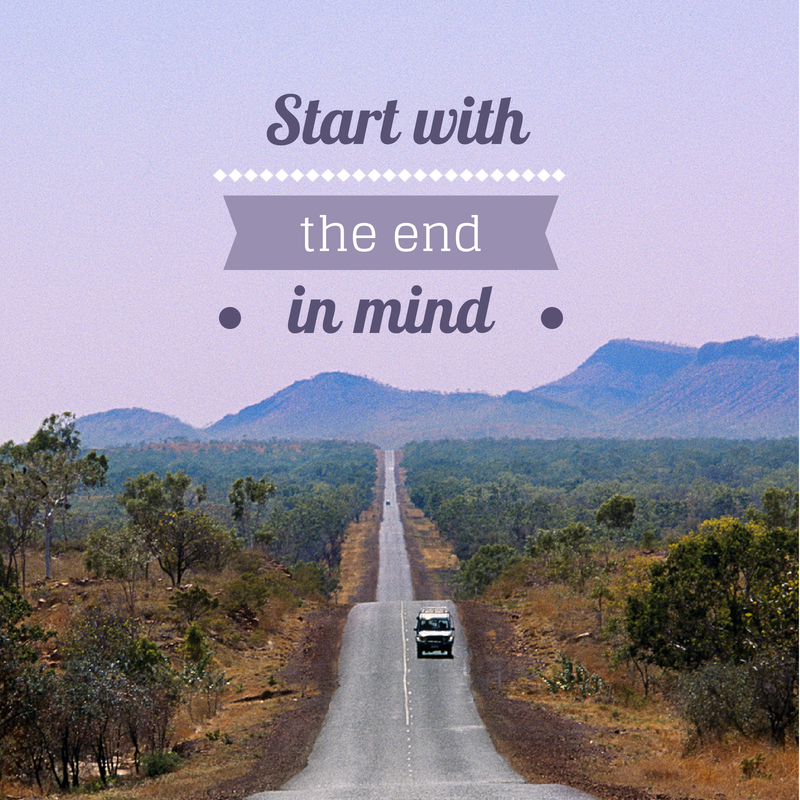
Posted By Kathy Wilson on May 21, 2014
As a Type A control freak, I admit the prospect of in-person events gives me the willies. The reason? Because while you can plan an event to the nth degree of detailed logistics and bulletproof nearly every "what if?" situation ahead of time, there's still one scenario that's beyond one's control: namely, will your target audience show up to engage with your brand?
Like I said, the willies.
That's not to say I think events are a bad idea or that I never propose them for my clients. Far from it. But there's some upfront critical thinking that needs to be done before you develop that first event checklist to ensure the human and financial resources you put against creating an event will pay off.
Here are five important questions a brand must ask itself when determining whether or not to green-light an event:
1. Does what you're hoping to achieve justify an event?
When hosting an event, you're competing for attention with everything else in your target audience's day. So you'd better be confident that the news and information you plan to convey will make people want to rearrange their calendars to show up. Leaving your audience dissatisfied and feeling cheated after an event will do more harm than good to a brand's reputation – and hurt your chances to get the attention of your audience later on.
Here are a few scenarios I believe are event-worthy:
- You're promoting an "experience"
Tier One recently planned and coordinated a launch event for our client, Vidergize, a new entrant in the wellness and lifestyle online video space. To build awareness among Vidergize's target audience of wellness enthusiasts, Tier One chose New York for our event location to be nearby to the dozens of consumer magazine editors based in the city. While we could have opted for merely doing deskside briefings to introduce Vidergize, that approach wouldn't have allowed us to give editors face time with Vidergize's Ambassadors, a select group of world-class fitness and wellness professionals.
In addition to offering a healthful breakfast, a product demo station, and the opportunity to meet Vidergize's founder and CEO along with several Vidergize Ambassadors, our event included a yoga session for media attendees led by two of the Ambassadors. We took this approach to give reporters a true feel for the high quality of the experience a consumer would get from using a Vidergize online class. Reporters who attended were able to gain everything they needed from that brief event to write a well-rounded story.
- When "hands-on" makes sense
Introducing a new consumer or consumer tech product often lends itself to an event since it provides the audience with an opportunity to see, touch and interact with the new product. Imagine the thrill the audience got out of watching Steve Jobs pull the Macbook Air out of a manila envelope on stage and seeing firsthand the elegance and power of a device that small.And speaking of Steve Jobs: having some "star power" in the room certainly helps drive event attendance. So if you've got a rock star CEO, customer or partners, feature them prominently in your event promotion to help fill seats.
- Grand openings or groundbreakings
When solar wafer manufacturing leader 1366 Technologies wanted to celebrate the opening of its new 25 MW wafer manufacturing facility, Tier One helped plan and coordinate a grand opening celebration. The occasion provided 1366 with an opportunity to spotlight how its innovative technology offered a transformative manufacturing process that produced a uniformly better wafer at half the cost of traditional manufacturing methods.
2. Who is your target audience for the event?
This may seem obvious, but ask yourself whom you're trying to reach with an event. Busy reporters who are deadline-driven and have a hard time getting away from the office? Industry or financial analysts who need to know your brand before committing to attend? End user customers who may be geographically dispersed?
Construct your event in such a way to make it easy for your audience to RSVP in the affirmative. For instance, plan a morning event for reporters before they get into the office and distracted by other issues. Consider offering a car service to get your targets from their homes or offices to your event. How about some incentives to get customers to participate, like lunch in an elegant setting? And don't make the mountain come to Mohammed: host your event in a geography most convenient to your target audience (see Vidergize example above).
Another way to better the odds of getting your target audience in the room is to host an event in conjunction with an industry trade show. Just be sure your event doesn't conflict with the keynote or other top sessions.
3. Could the event be just as successful done virtually?
For instance, Tier One's client TradeKing announced the winners of its 2012 $100K API Campus Challenge event via a live webcast. The semester-long Challenge provided undergraduate business/finance and technology students with real-life experience developing investment-focused "Apps" and "User Interfaces" using TradeKing's API. Because the Challenge participants hailed from schools across the U.S., the webcast provided an opportunity to shine the spotlight on these talented students and provide TradeKing's client base across the country with an opportunity to join in the fun in real-time as TradeKing's CEO announced the Challenge winners.
4. Should your event be big or small?
It's tempting to try to fill a ballroom with reporters who can help tell your story. But remember: bigger isn't always better. Small events, such as invitation-only dinners with company executives and customers, can often be more impactful since they offer an opportunity for a more intimate experience.
Room size matters, too. You're often better served choosing a smaller room in which you're hosting your event to create that sense of standing-room-only excitement.
And don't forget to think about other ways you could leverage your investment in the event venue. For instance, have you been needing to videotape customer testimonials but lacked a space? Need to hold a customer advisory sit-down? Consider using your venue for functions like these, post-event.
5. Do you have the resources to make your event a success?
Let's face it, it takes a village. Successful events need resources and time to plan and execute. You'll need to coordinate a multitude of factors, all while keeping up with your "day job": target lists, invitations, follow ups for RSVPs, travel logistics, speaker presentations, presentation rehearsals, A/V, and lots more. If your internal team isn't sufficient, make sure you've got access to experienced external resources to help guide you and offload the coordination burden.
Event success can never be guaranteed, no matter how careful the planning. But taking the time to give an honest assessment of these five questions will help better the odds of your event being one that achieves the business outcome you're hoping to gain.

Kathy Wilson
Kathy Wilson is a Co-founder and Managing Partner at Tier One, where she leads the agency's Boston office and serves as a strategic client counselor. She taps her three decades of experience in B2B and B2C technology, digital healthcare, and financial services — including work counseling major brands like SAP, Citrix, Ultimate Software, GHX, and Ally Financial — to help clients meet critical business and marketing objectives. Kathy is a die-hard Red Sox fan and loves nothing better than a summer day at Fenway Park.


